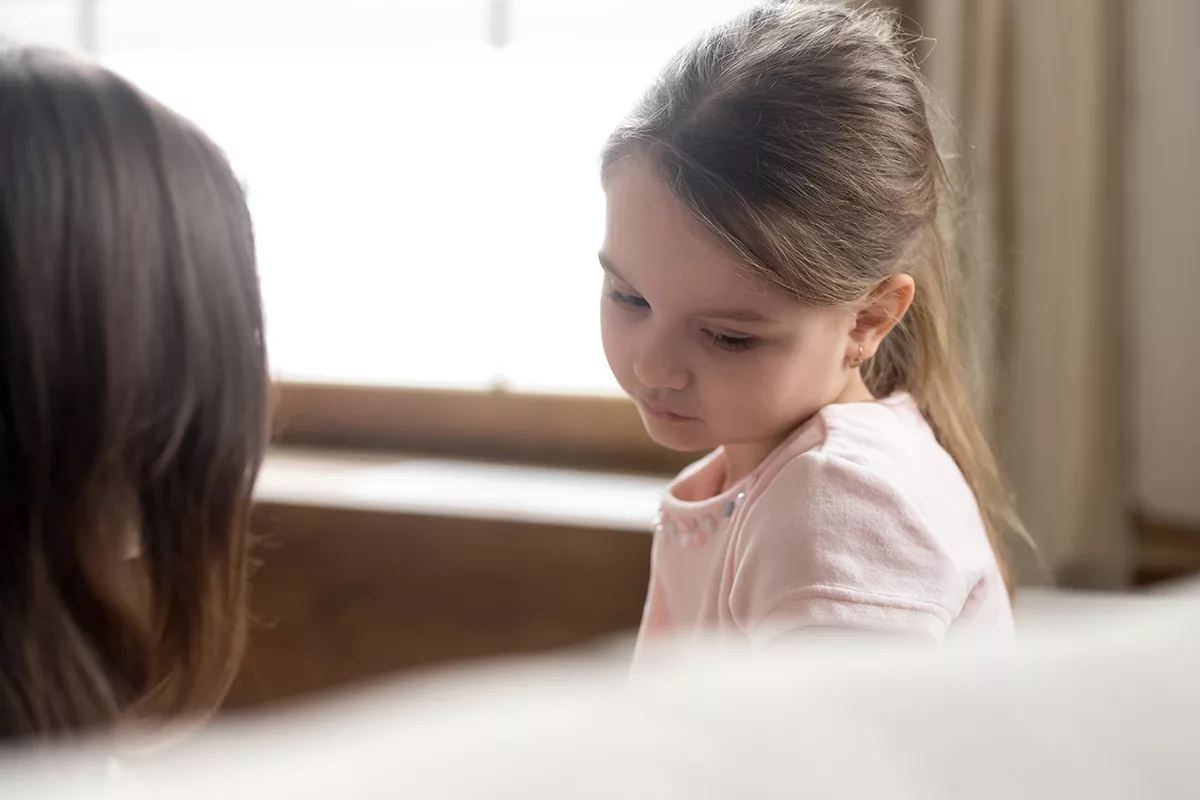The term “Parental Alienation” is commonly used in the family courts to describe the scenario where one parent, has a hostile attitude towards the other parent which results in the child also having negative views towards that parent, very often leading to a frustration of contact arrangements. It involves negative behaviour being displayed by one parent, often with the aim of undermining the child’s relationship with the other parent. The term ‘Parental Alienation Syndrome’ was formulated in the US, in the 1980’s by a Child Psychiatrist who believed that some children who rejected their fathers had been indoctrinated by their mothers. The concept has since developed and has now become more reflective of resident status as opposed to gender.
Some of the dangers of this type of behaviour include the invasive and intrusive effect on the wellbeing of the child. There is also the added difficulty of differentiating between parental alienation and justified estrangement – where the child’s rejection of a relationship with the non-resident parent is fuelled by their own experiences of abuse or abandonment. Also, when a child is regarded as being the subject of parental alienation and/or being significantly influenced by one parent over the other, it becomes difficult to fully trust what that child might be saying to the Court – which is of course a significant problem within family law proceedings where the child’s wishes and feelings are also given weight in the making of decisions concerning that child.
This is not to say that there are never any legitimate reasons for restricting a child’s relationship and/or contact with a non-resident parent. In some cases, alienation can be considered to be inevitable, for example where there has been a history of domestic abuse.
In the case of Re H (Children) [2014] EWCA Civ 733 Parker J recognised the significant harm that could be caused in these types of cases. She stated that “parents who obstruct a relationship with the other parent are inflicting untold damage on their children”. Since then, the courts are seemingly becoming quicker at recognising the severity of such behaviours.
At present, these cases are dealt with on a case-by-case basis, although new guidance is also being issued to assist. In Autumn 2018, Cafcass will be launching a new practice framework, the ‘High Conflict Practice Pathway’ which is aimed at helping Cafcass professionals within the family law system to assess cases which involve high conflict between adults, including parental alienation, amongst other behaviours. It is hoped that this framework will operate to help practitioners explore outcomes that will truly be in the best interests of the children. It will provide scope for children to be removed from the alienating parent and placed with the other non-resident parent in cases where social workers identify manipulation, and where this is assessed to be in the child’s best interests.
At Goodman Ray, our children team specialises in a wide range of cases involving conflicts between parents. It is important that you seek legal advice if you have concerns about the welfare of your child or if your relationship with your child has been adversely affected by parental alienation. This is a situation that needs to be addressed as soon as possible to minimise any long standing impact on the child.
Read more about Cafcass’ plans under the High Conflict Practice Pathway here





